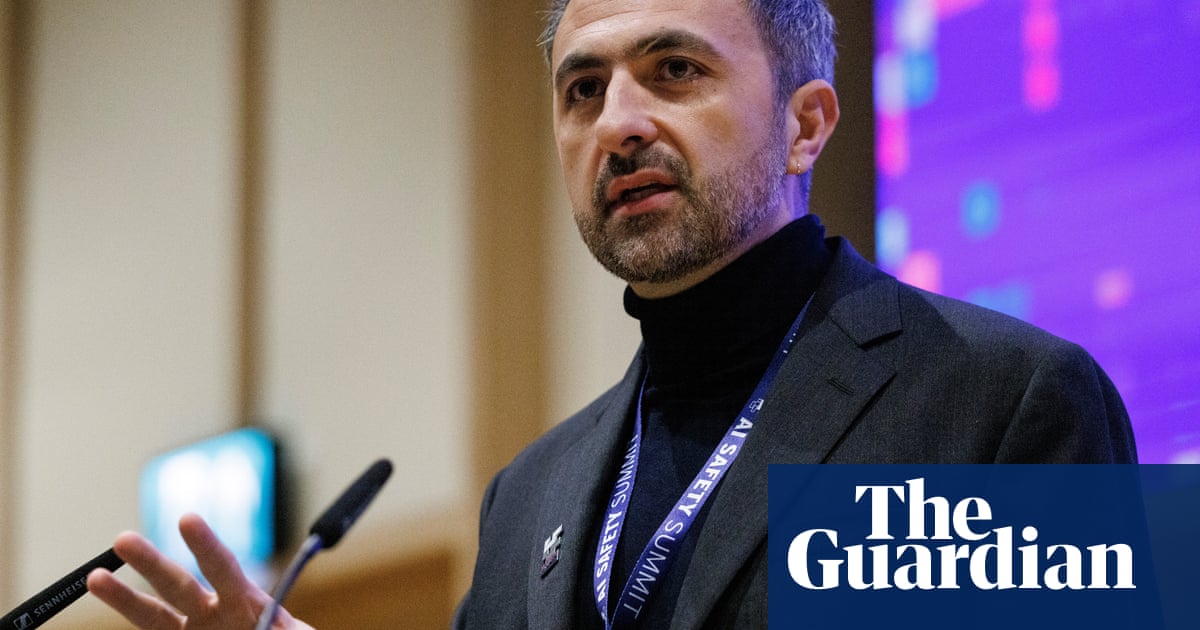
10. Brave Bison announces acquisition of MiniMBA for £19 million to launch standalone EdTech division
In at number 10, media and technology group Brave Bison has acquired MiniMBA, founded by Mark Ritson, in a £19 million deal.
The move forms the foundation of Brave Bison’s new skills and capabilities division, focused on strategic business training. Ritson remains involved, investing £4 million and becoming a top-five shareholder.
9. Sounds-Write Symposium 2025 to explore global phonics interventions for struggling readers
Phonics takes the spotlight in ninth place, as Sounds-Write’s virtual symposium opens this week, with sessions from Julian Elliott (Durham University), Tim Mills (STEP Academy Trust), and Sonia Thompson (St Matthew’s CE Primary).
CEO John Walker warns that early phonics wins are being undermined by lack of follow-up in Key Stage 2. The event aims to close those literacy gaps through structured, sustained intervention.
8. Jisc’s Janet Network to power UK access to Rubin Observatory’s petabyte-scale space data

Coming in at number 8, Jisc’s Janet Network will enable UK researchers to access real-time astronomical data from Chile’s Rubin Observatory, which expects to generate up to 25 petabytes annually.
The observatory’s first images launched June 23. Partners include Lancaster University, STFC, and the University of Edinburgh.
Neil Shewry and George Beckett praised Janet’s high-speed role in delivering research-grade infrastructure.
7. Zeelo raises $23 million Series B for AI-powered transportation-as-a-service
In at number 7, Zeelo raised $23 million to scale its AI-powered commuter and school transport service.
CEO Sam Ryan says the platform now supports partners like Amazon and UPS and uses AI for route optimization, incident handling, and carbon reduction. The funding, led by Kayode Akinola of Blue Earth Capital, will accelerate U.S. growth and M&A.
6. MIT names Gaspare LoDuca as new CIO and VP for information systems and technology
MIT appointed Gaspare LoDuca as CIO and VP for IS&T. He joins from Columbia University, where he led large-scale digital modernization.
LoDuca will focus on infrastructure, cybersecurity, and academic systems at MIT, working with Cynthia Barnhart and Glen Shor to align IT with research and learning needs.
5. Attensi executive Krister Kristiansen passes UK baton to Jamie Watson

Leadership news lands at number five: Jamie Watson has been promoted to UK Managing Director of Attensi, the AI-powered gamified training company.
He takes over from Krister Kristiansen, who built the London office into a commercial growth hub. Attensi recently secured $25M in funding and is scaling RealTalk, its AI conversational simulation tool.
4. GACM Technologies acquires 30% stake in Indian AI EdTech company WeXL Edu
In fourth place, GACM Technologies has taken a 30% stake in WeXL Edu, an Indian EdTech firm focused on AI-powered English diagnostics, microlearning, and real-time assessment.
WeXL’s AI BET tool aligns with CEFR standards and offers fast English proficiency certification, positioning it as a key player in AI for regional and global language learning.
3. MIT Sloan researchers examine how AI agents reason, negotiate, and collaborate
Sinan Aral and Harang Ju at MIT Sloan released four studies exploring the role of agentic AI — systems that not only assist but act on behalf of humans.
Highlights include AI agents adjusting to human judgment, shifting human-AI collaboration patterns, and negotiation strategies between bots. This is a must-read for anyone tracking the future of intelligent autonomy in education and work.
2. Quizizz rebrands to Wayground, pledging to keep teachers at the center of AI

Wayground is the new name for Quizizz, signaling a broader mission: to ensure that AI supports rather than sidelines teachers.
CEO Ankit Gupta says the rebrand aligns with their vision of creating tools that personalise instruction, not replace educators.
Wayground’s new features include AI-assisted translations, difficulty adjustments, and a strong focus on oracy.
1. Domo and Burbio launch AI-powered K–12 tool to improve spending efficiency
And in at number one, Domo and Burbio teamed up to launch an AI-powered tool that helps K–12 districts analyze spending, staffing, and strategy using real-time dashboards.
RJ Tracy (Domo) and Julie Roche (Burbio) say the tool delivers immediate, actionable insights using school board meeting data and fragmented records. It’s already helping suppliers and administrators track ROI in real-time.









 English (US) ·
English (US) ·